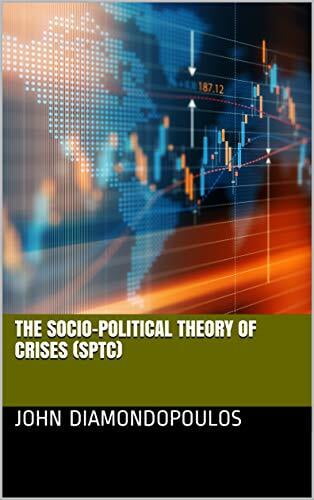
The Socio-Political Theory of Financial Crises (SPTC)©
Crises are difficult to predict with the most recent and notable example being the failure of the economic profession to see the 2007-2008 Credit Crunch. Why? The quantitative approach to financial crises depends on one key assumption – the comparability of financial crises. Thus, we should ask: how comparable are crises? An important consideration is the context – social, political and institutional. Next, if financial crises are comparable to a certain extent, then we should be able to make predictions. This naturally leads one to ask: how predictable are crises? Not only did this approach fail to predict crises, but an understanding and explanation of crises was also lacking. In short, a comprehensive theory of financial crises was needed to account for context and thus improve our understanding and explanation of financial crises.
The result was the development of The Socio-Political Theory of Crises. The social, political and institutional context, which is left out in quantitative approaches, was now at the core of this theory. This is a process-oriented theory with a focus on understanding and explaining crises. It is also multi-disciplinary in scope. To this end, crises proceed through four steps: Social, Trigger, Disruption and Psychological. Three case studies on financial crises were conducted to test the theory and to gain further insights.


